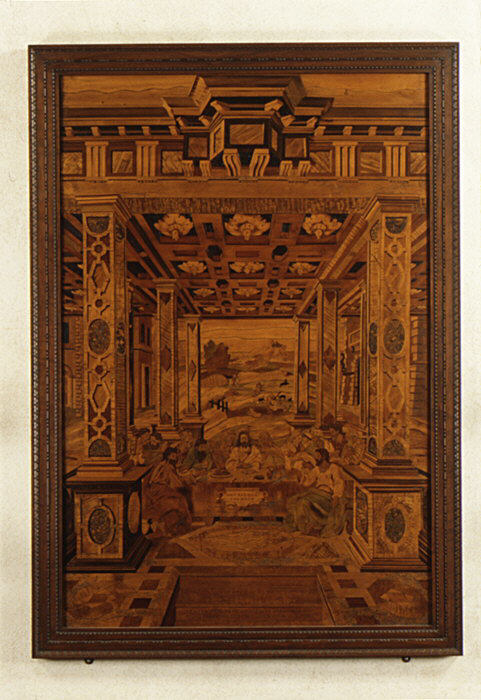1. the approach.
little
strokes from life, tentatively marked.
following traces
from a life of encounters that aren’t done with themselves.
count what something struck there . . .
ernst bloch. traces. (stanford university press, 2006): 6:
In short, it’s good to think in stories too. So much just isn’t done with itself when it happens, even where it’s beautifully told. Instead, very strangely, there’s more going on there. The case has something about it; this is what it shows or suggests. Stories of this kind are not just recounted; instead we also count what something struck there—or we listen up: What was that? Out of incidents comes a “Mark!” that would otherwise not be thus; or a “Mark!” that already is, that takes little incidents as traces and examples. They point out a “less” or “more” that will have to be thought in the telling, retold in the thinking; that isn’t right in these stories, because things aren’t right with us, or with anything. Some things can be grasped only in such stories, not in a more expansive, elevated style, or then not in the same way. How some such things came to notice will be retold here, and tentatively marked; lovingly, marking in the retelling; by marking, intending the retelling. It’s little strokes and such from life that haven’t been forgotten; our refuse is worth a lot these days. But an older impulse was also there: to hear stories, good ones, poor ones, stories in different tones, from different years, remarkable ones that, when they come to an end, only really come to an end in the stirring. It’s a reading of traces every which way, in sections that only divide up the frame. In the end, everything one meets and notices is the same.
